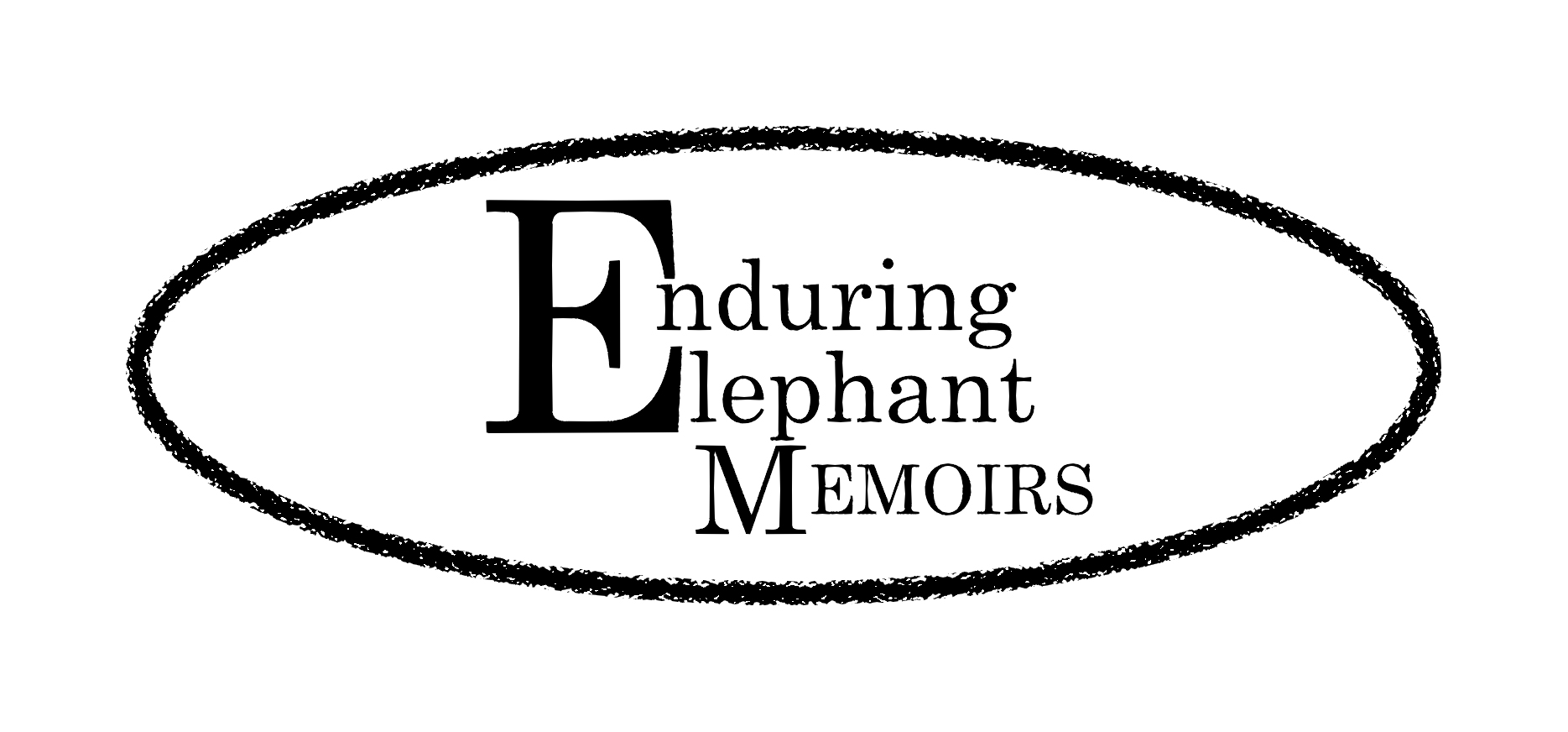Inside-Out and Outside-In, A Personal Guide to Understanding a Little-Known Illness
Introduction
In the upcoming month, I will write about postpartum psychosis from the inside-out on a personal level as a survivor of this rare and severe disorder, and from the outside-in based on research that I’ve compiled on the topic.
Disclaimer: It is very important to note that I am not a mental health professional.
Postpartum psychosis is primarily a thought disorder where moms lose touch with reality. With postpartum psychosis, there’s a good chance you’ll lose self-awareness like I did, so even with a list of warning signs, you probably won’t see them in yourself. Also, it’s been my experience that while you’re in the throes of postpartum psychosis, your doctors probably won’t tell you you’re actively psychotic.
Clinical Definition in the Diagnostic and Statistical Manual of Mental Disorders-5
For starters, the problem with postpartum illnesses is that the psychiatric bible, the Diagnostic and Statistical Manual of Mental Disorders-5 (DSM-5) doesn’t classify these disorders under their own separate, distinct categories.
Instead, in the DSM-5, postpartum psychosis falls under the wider umbrella of the schizophrenia spectrum as “a short psychotic disorder” along with other psychotic disorders.
The DSM-5 now includes the phrase “with peripartum onset,” meaning that “the onset of psychosis occurs during pregnancy or within the four weeks following delivery.” Despite this expanded definition, problems may show up as late as six weeks after delivery, so the diagnosis does not include all actual cases.
These nuances are important because mental health experts use the DSM-5 to shape the legal practices that determine the criminal culpability of mothers who kill their babies while mentally ill.
Overview of Postpartum Changes
The postpartum period is a delicate time in a woman’s life when she is especially vulnerable to mental health problems because of rapidly-changing hormones after birth. Mothers expel estrogen in the placenta, and progesterone levels also decrease.
In addition, motherhood comes with its own set of challenges and adjustments—new relationships, social roles, and added responsibilities.
Baby Blues
80% of moms develop the “baby blues,” a condition in which moms become overly sensitive and cry a lot. They experience irritability, insomnia, and also fits of anger and restlessness. This emotional time is short-lived, lasting about two weeks.
Postpartum Depression (PD)
More serious than the baby blues in severity, postpartum depression occurs in 10-15% of all moms, and the onset is slower. It’s more gradual, showing up during the first two months after mom gives birth. Some symptoms include sleeping irregularities, impaired decision-making, disinterest in the baby, feelings of despair, and thoughts of suicide.
Postpartum Psychosis (PP)
A rare postpartum disorder, postpartum psychosis only occurs in one or two moms out of 1,000 and is a very severe illness because it can harm the mother, baby, or both. Postpartum depression causes a low mood, while PP is a thought disorder. Psychosis includes dangerously disorganized thinking in which the mom loses touch with reality, and experiences hallucinations and delusional thinking, which are frequently religious, for example.
The Takeaway
Please be aware of the triple threat: family history of psychosis, bipolar disorder, and unusual amounts of stress.
During the first week after my daughter was born, I was stressed out, anxious, and confused. It seemed like everything I did was wrong, but I couldn’t figure out what I should be doing. If you or your loved one seems unusually confused, or detached from reality, please seek professional help.
Next: Symptoms, 13 Warning Signs You May Have Postpartum Psychosis
Sources:
Stevens G. P. (2017). A Mother’s Love? Postpartum Disorders, the DSM-5 and Criminal Responsibility - A South African Medicolegal Perspective. Psychiatry, psychology, and law : an interdisciplinary journal of the Australian and New Zealand Association of Psychiatry, Psychology and Law, 25(2), 186–196. https://doi.org/10.1080/13218719.2017.1395820
Rai S, Pathak A, Sharma I. Postpartum psychiatric disorders: Early diagnosis and management. Indian J Psychiatry [serial online] 2015 [cited 2021 Aug 1];57, Suppl S2:216-21. Available from: https://www.indianjpsychiatry.org/text.asp?2015/57/6/216/161481
Mesut Işık. Postpartum Psychosis. Eastern Journal of Medicine. 2018; 23(1): 60-63.
